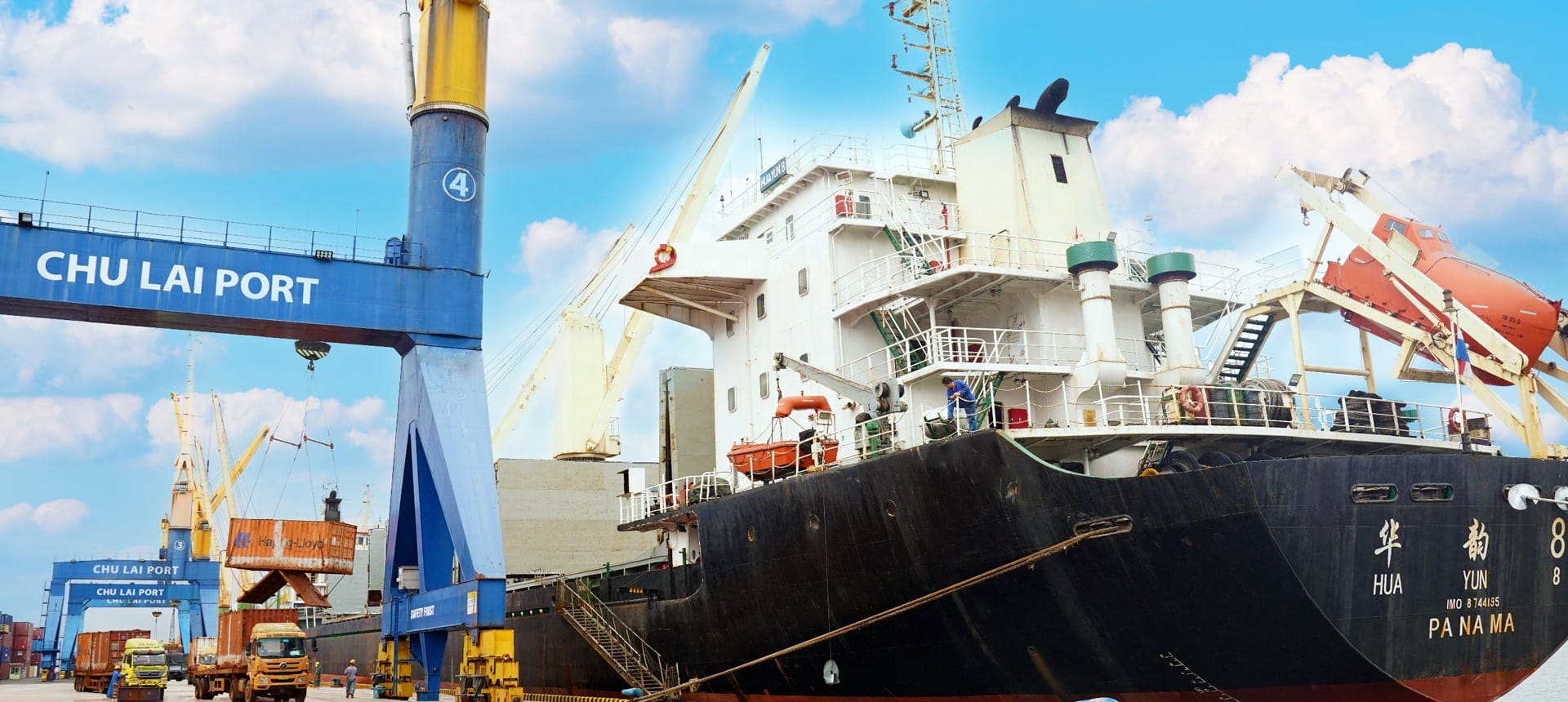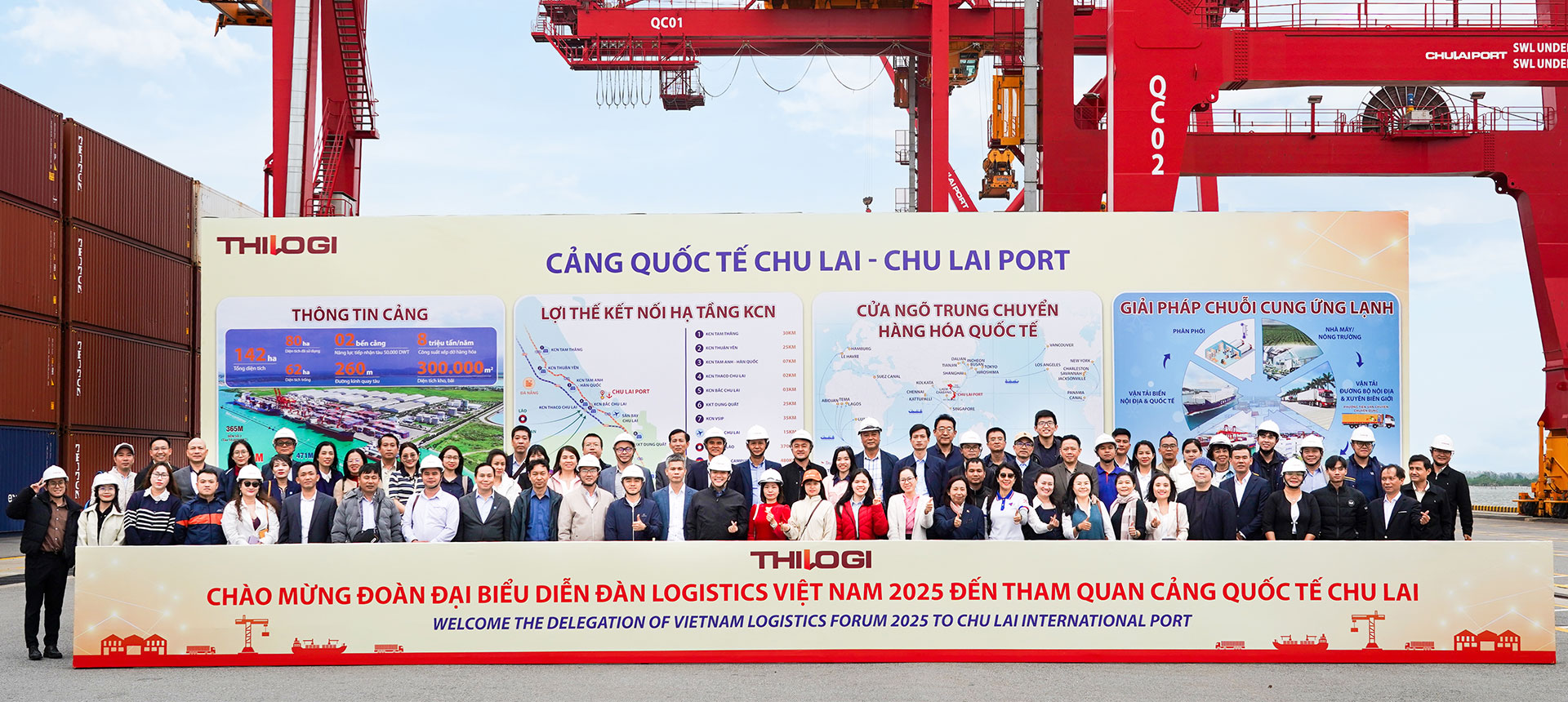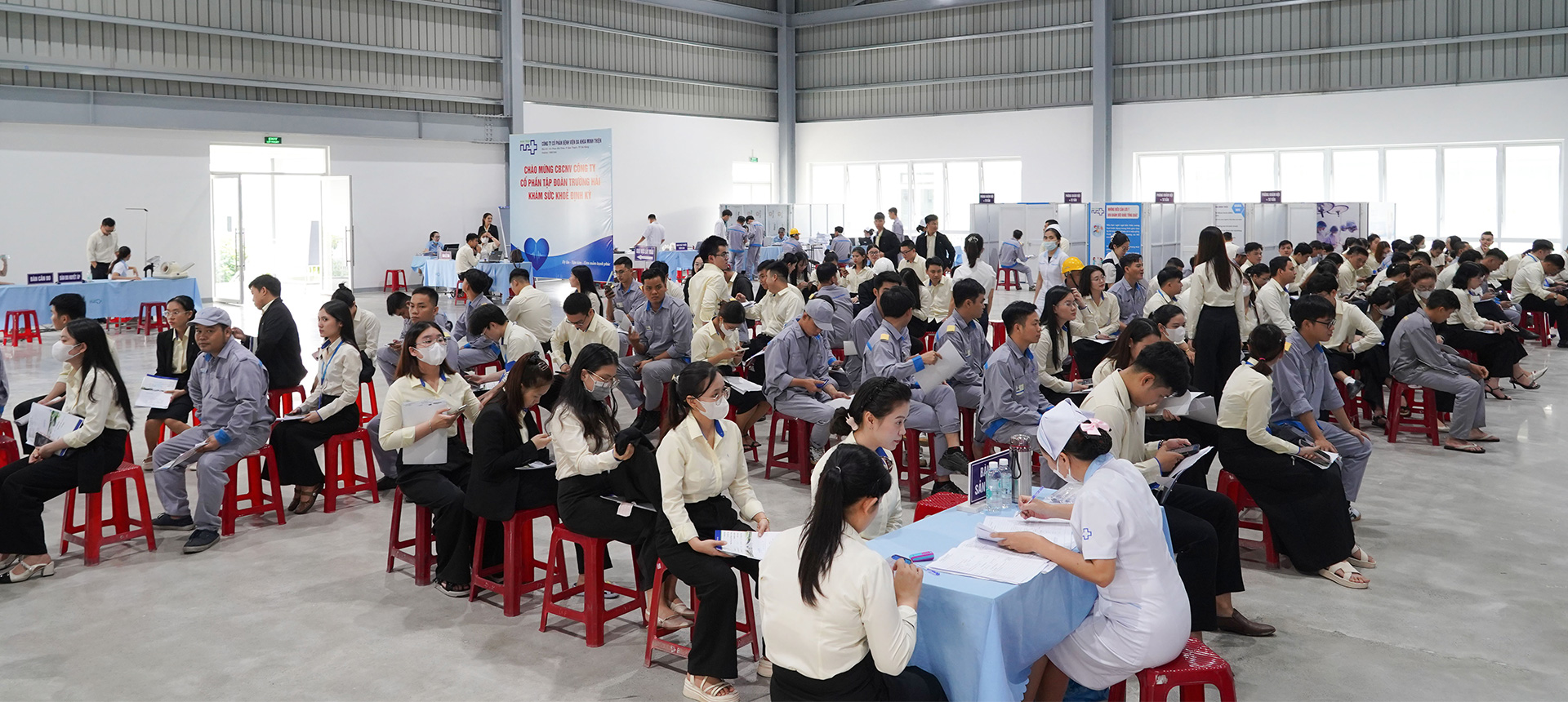Chu Lai Port’s throughput goes up during Q1 of 2024
In the first quarter, the port's throughput surged 10% compared to the same period in 2023, reaching a total of 810,000 tons, including 390,000 tons of containerized goods and 420,000 tons of bulk and liquid goods. Key products moving through the port included automobile components, mechanical parts, fruits, tapioca starch, tablets, wood chips, household goods, and garments.

In 2024’s Q1, Chu Lai Port's throughput surged 10% compared to the same period in 2023, reaching a total of 810,000 tons
Chu Lai Port is actively implementing a multifaceted development strategy to enhance its operational scale, elevate service quality, and attract new investment. Specifically, the port is expediting construction of a new 50,000-ton terminal and two STS (ship to shore) cranes, which is anticipated for completion by early May 2024. Three eRTG (electrified rubber tired gantry) cranes offer nearly 90 lifts per hour. The port is committed to providing support with administrative tasks such as obtaining transit permits and navigating customs clearance processes, opening new collaborations with international shipping lines to establish cost-effective routes connecting the port to key markets in Northeast Asia.

Containerized goods reached 390,000 tons
Mentioning the port's market development strategies during the first months of 2024, Mr. Phan Van Ky, President of Chu Lai Port said: "Chu Lai Port is targeting potential cargo sources within Vietnam's Highlands region, as well as neighboring Laos and Cambodia which holds significant potential in the export of agricultural products (fresh fruits, tapioca starch) and minerals (iron ore, bauxite ore) destined for markets in China, Japan, and Korea. We also offer cost-effective logistics services and facilitate connections between resource providers for customers."

The port handled 420,000 tons of bulk and liquid goods in Q1
In addition, Chu Lai port is committed to conducting ongoing evaluations of the service effectiveness to guide adjustments to enhance quality at each delivery stage. It will also dedicate resources to researching and building market strategies, implementing effective marketing campaigns, and focusing on potential customer groups to increase throughput and diversify cargo sources, aiming to achieve 5 million tons of cargo output in 2024.








